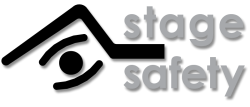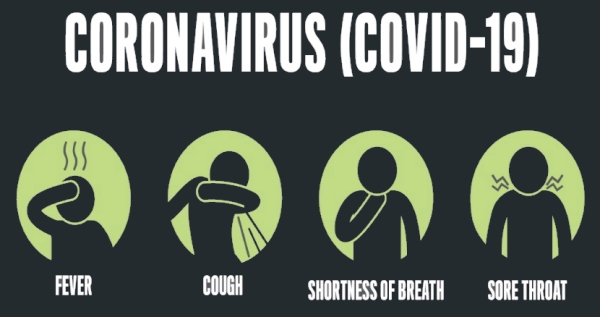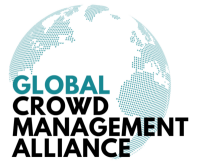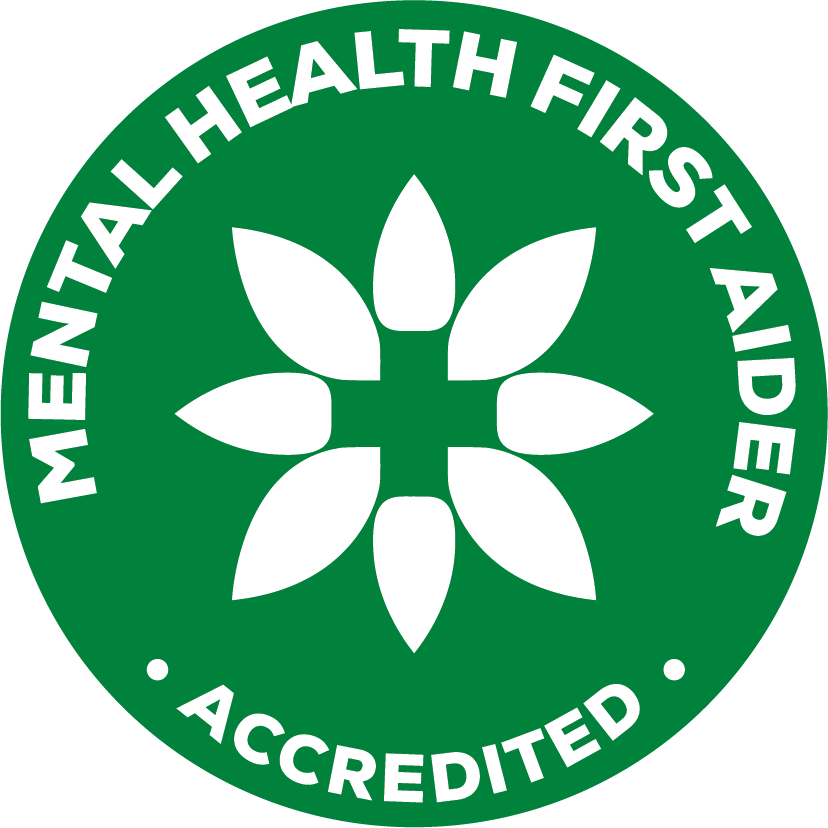

| How can we help? |
|
COVID-19 policies
The worldwide events industry has been hit hard by the outbreak of the COVID-19 pandemic. By effectively shutting down gatherings it brought to a grinding halt all the work we normally do. In addition to normal working conditions and safety measures, the NSW Government has implemented restrictions on how and where people can meet and work.
Until such time a vaccine or at least a cure for COVID-19 is developed and commercially available, there will be changes in the way we work and live. The Federal and State Governments will implement different levels of restrictions until the Corona Virus is effectively under control.
At present there are 3 levels of Restrictions, this policy will follow which level is active at the time. Also note that there may be differences between States, this policy is based on NSW Legislation.
- Social distancing is supported (i.e. by changing staff numbers, staggering working hours, or having staff work from home)
- Ensure 4 square metres per person and 1.5 metres between people, wherever possible, including in the kitchen and lunch area.
- Discouraging car-pooling between employees to and from work
- Promoting good hand hygiene by providing hand washing facilities and/or alcohol-based hand sanitiser and appropriate waste receptacles
- Undertaking frequent cleaning and disinfection of work spaces, particularly objects and surfaces that are frequently touched
- Holding only essential meetings, and doing so via video conferencing, phone, or outside in the open air if possible
- Modify our roster or staffing to reduce staff interactions (i.e. smaller groups, staggered rosters)
- Avoiding non-essential travel
- Train staff on hand and respiratory hygiene and social distancing
- Educate our staff about the early signs and symptoms of COVID-19 and the need to stay home if unwell
- Developed policy that requires staff to stay home if unwell
- Supporting employees to adhere to official advice about how to help reduce the spread of COVID-19
We have to apply a hierarchy of appropriate controls. These will be specific to our work, our workplace and our workers.
Possible controls include, but are not limited to:
Can I go to work?
Staff who are unwell should not go to work. If you develop symptoms at home or at work such as fever, cough, sore throat or shortness of breath you should seek medical advice.

For more information on identifying the symptoms of COVID-19, go to: https://www.health.gov.au/resources/publications/coronavirus-covid-19-identifying-the-symptoms
If you are tested positive for COVID-19 you must follow the health advice provided by the local public health authority.
Contact with others. If you have been in contact with a person who has confirmed or suspected COVID-19, you must notify your workplace and contact your GP for advice. People who have been in close contact with someone with COVID-19 must also quarantine at home or in a hotel for 14 days.
People who require a period of quarantine cannot go to work until their period of quarantine is over.
Isolation is when a person is found to have the condition and needs to stay away from others to protect the community from illness.
If someone has been confirmed to have COVID-19, public health authorities may contact the workplace.
People confirmed to have COVID-19 require a formal period of isolation and cannot go to work until they are formally released by the local public health unit or their treating clinician.
Quarantine (or Self Isolation) is where a well person who may be at risk of developing COVID-19 stays away from others to protect the community from illness in case they become sick with the disease.
Please contact us if you need assistance with COVID-19 policies for your place of work.
Sensible risk management
Sensible risk management is about:
- Making sure all potential risks are identified
- Focus on reducing real risks – both those which arise more often and those with serious consequences
- Encourage innovation and learning not stifling them
- Ensuring that those exposed to risk understand the consequences if not taken seriously
- Understand that as well as the right to protection, people also have to exercise responsibility
Sensible risk management is not about:
- Aiming for a totally risk free environment
- Generating mountains of useless paperwork
- Scaring people by exaggerating trivial risks and ignoring real risks
- Stopping important recreational and learning activities for individuals where the risks are managed
- Reducing protection of people from risks that cause real harm and suffering
Sensible WHS Systems
The biggest problem most people in the entertainment industry have is that much of the OH&S documentation is based on building sites or manufacturing, often quite different from the entertainment industry environment. This has often lead to misconceptions, wrong interpretations and downright silly situations.
Stage Safety aims to de-mystify the 'chinese whispers', working on a safer, and happier, workplace for everyone.
Our philosophy is to work with you, so that together we develop, maintain and monitor your own OH&S policy.
We will sit down with you and your staff, analyse your needs, explain what is required - and why, and then come up with proposals how you can run your business in compliance with the Act and the Regulation without hampering the way you operate.
What does all the jargon mean?
What is 'Duty of Care'? Why do you need to know?
What does it mean when a client or venue wants your WMS? Or a JSA?
What is a MSDS and why do you need one?
Who we are and what we have done
In the last few years we have been providing services to a broad range of events, exhibitions, concerts and companies.
From basic OH&S policies to detailed risk assessments for large events.
Have a look at who we are and what we have been doing lately!
COVID-19
The spread of the Coronavirus and subsequent infections by COVID-19 shut down the entertainment industry around the world from March 2020
The economic impact of the 'lock-downs' has been overwhelming for most people, struggling to make ends meet and to see how we can move forward in a new reality.
It will be of the greatest importance to understand how the virus spreads and what we can do to control outbreaks.
Stage Safety has been spending much oof their lockdown researching the spread of coronavirus in the past, understanding how it spreads based on international research and finding ways to control the risk as best as possible within our workplaces.
Australian Entertainment Resource Guide
The entertainment industry needed a reference guide how to meet its’ obligations under the current WHS legislation, Codes of Practice and Australian Standards.
In 2017 Roderick van Gelder and Stage Safety ran a successfull crowd-funding campaign to raise money to start work on the first industry specific safety handbook for Australia.
With the generous support from individuals and businesses Roderick set-out to write the guide roughly based around the Purple Guide concept.
CX Magazine provided the website support to get everything on-line for review and comment by late 2017 and administer the subscriptions.
In 2018 the paywall was removed to give everyone access to the information. Unfortunately this meant that there is no funding available to update the Guide as initially intended. The site is still very well visited and hopefully one day there will be financial support to take it to the next level.
Click to see more detail about the guide and a link to the site
How to get in touch with us
Stage Safety p/l
PO Box 307
Hunters Hill NSW 2110
Phone: +61 (0)2 9879 3602
Mobile: +61 (0)414 406 052
Stage Safety p/l is a proud member of:

 Roderick van Gelder is MHFA Accredited
Roderick van Gelder is MHFA Accredited 